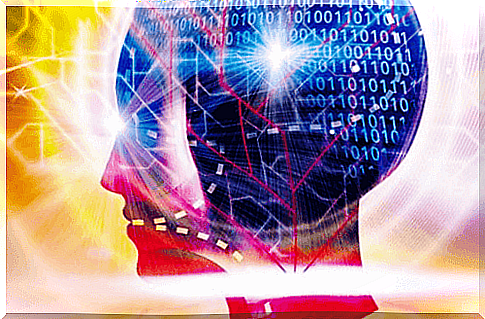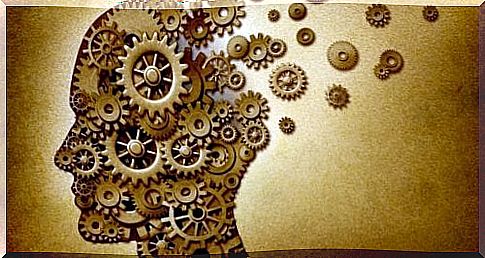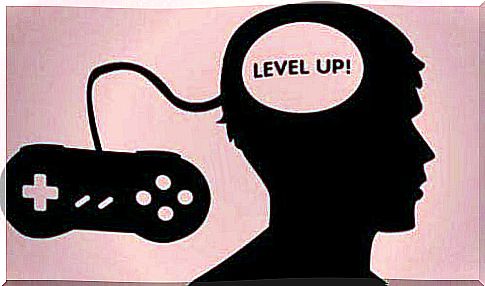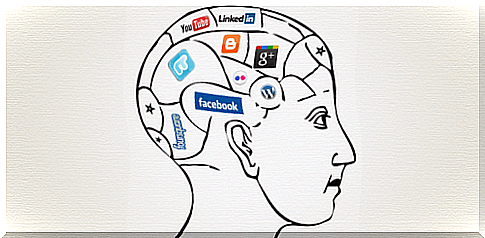Are New Technologies Changing The Way The Brain Works?

It would be naive to think that new technologies do not change the way the brain works. In fact, computers and all so-called “smart devices”, as the name suggests, are extensions of various functions in our brain. They are designed precisely to facilitate the function of our superior capabilities.
In the same way , the way we encounter new technologies has changed our way of thinking when we perform many activities. Just as Homo sapiens learned to use his hands in new ways, which led to changes in the brain, today we present changes based on how we perform tasks.
So far, there is no study documenting radical changes. These are only small modifications which in this case have been introduced quickly and in large quantities. Where will this take us? We do not know yet. What we do know is that we have lost some skills and developed others.

From memorization to search: An effect of new technologies
Before new technology appeared, we used our memory much more. This was because we did not have access to information as easily as now, although we could write things down to have it later. We have helped ourselves with notes, phone books or tricks to remember information that we needed to have on hand.
With the advent of new technology, memory began to lose significance. This is because the volume of data circulating on the web is overwhelming. No memory can hold so much information in a continuous way. That is why it has changed. People choose which data to store. In the same way, we no longer have as good a memory as before, or at least we do not have as much confidence in it.
In turn, we have developed more and more opportunities to search for the information we need. Our first encounters with new technology caused confusion. Many did not know where to start looking for the answers to the questions asked. It is now a thing of the past. We now have many more skills to search for data and make a quick assessment of its validity.
Video games and side view
There are many sources that claim that video games are associated with compulsive behavior, are of little use to our brains, and can even make people sick. It is also said that video games can make players lose a sense of reality and just manage to alienate them.
While this is quite true in extreme situations, the fact is that video games can be an interesting way for us to test our minds. With them we can, for example, improve the sharpness of our side vision. This is especially true in war-like video games.
The visual system has a central focus, which makes it possible to focus the gaze on something and examine all the details. At the same time, there is another area called the periphery that partially captures some details about the environment. In war or combat games, we are forced to have a much broader focus, since enemies can emerge from all angles.

Mobile devices and social networks
The use of mobile phones has grown exponentially in less than ten years. There are few people who have not made these devices an extension of their bodies. Messages, data and information of all kinds are exchanged from them.
Some scholars studying this phenomenon indicate that the brain has changed the way it handles the hand when people use cell phones. The part of the brain that controls the thumb has expanded significantly in response to this new way of using your fingers.

When it comes to social networking, there are still many mysteries. No one can deny that they have changed the way we behave and behave around others. This, of course, requires that some functions of the brain be altered. But so far the real effect of these transformations has not been discovered yet. The way we communicate and socialize is changing, and we can not even imagine all the consequences of this change.
Undoubtedly, new technology has changed the way we live and do things. Like all other transformations of civilization, this one seems irreversible. It is clear that it involves both losses and gains. New technologies represent a new stage in the history of the human brain. Now we must try to explore and exploit their full potential.









